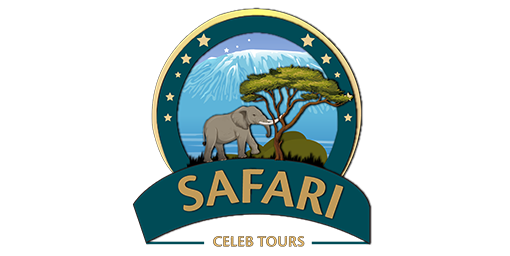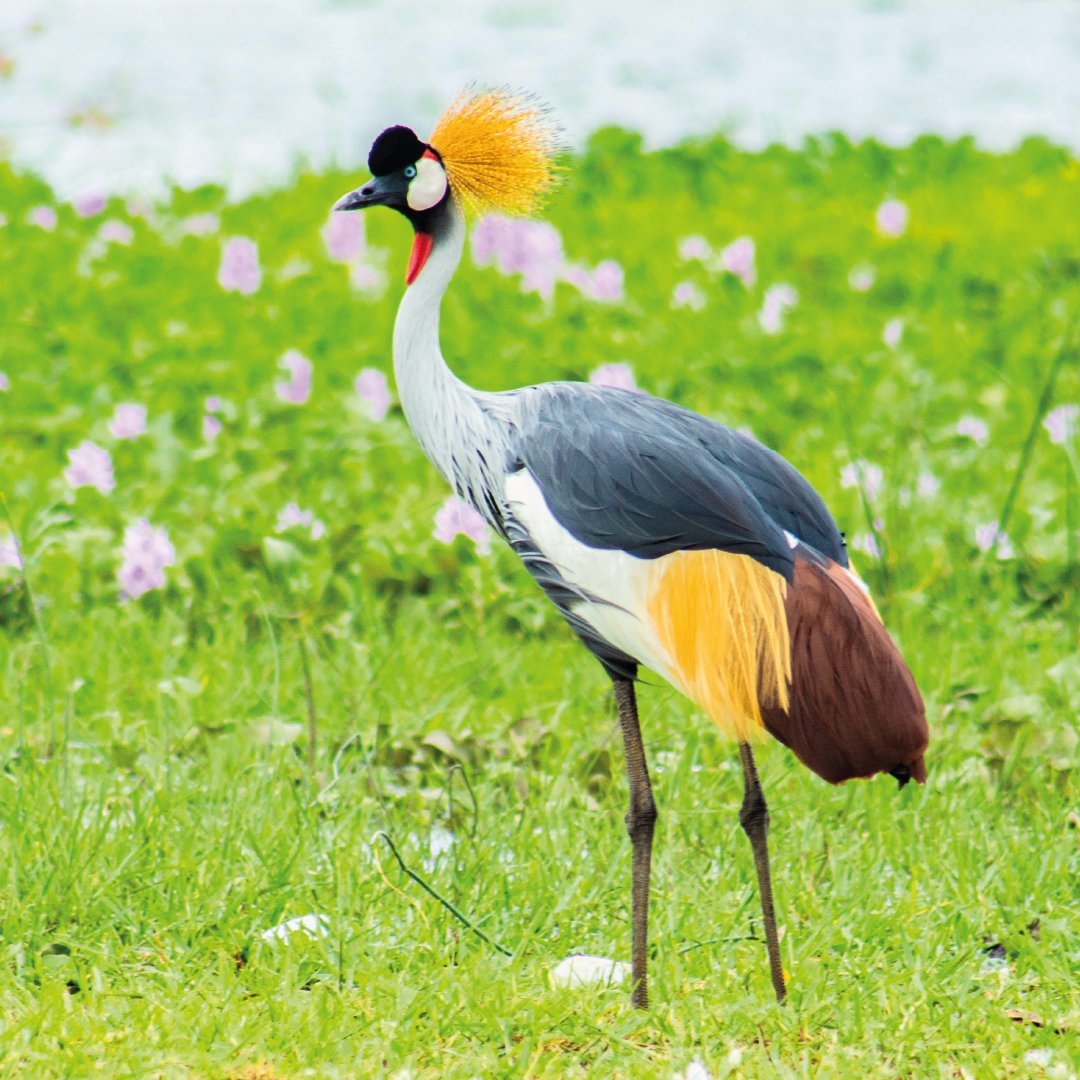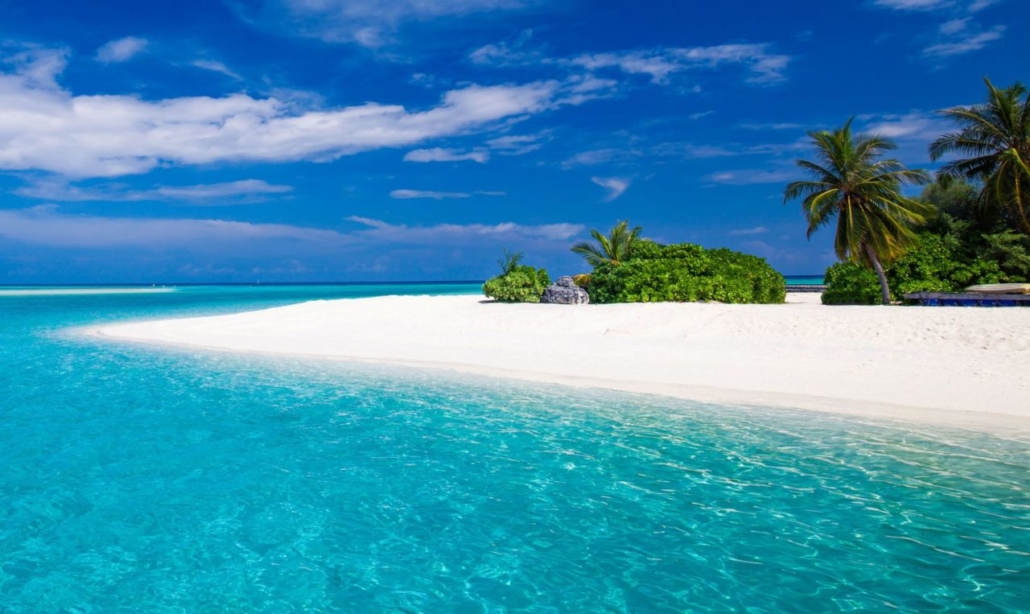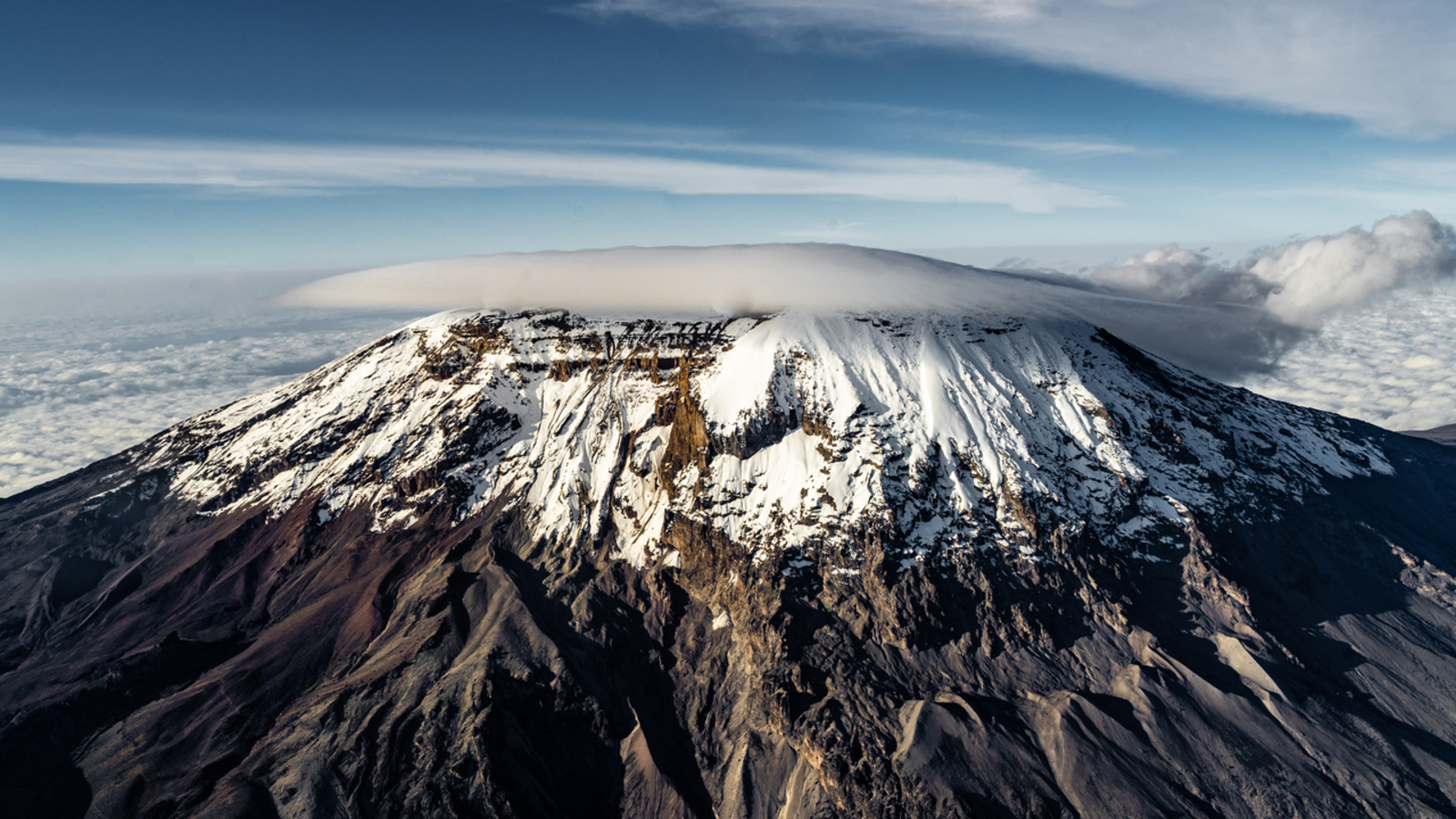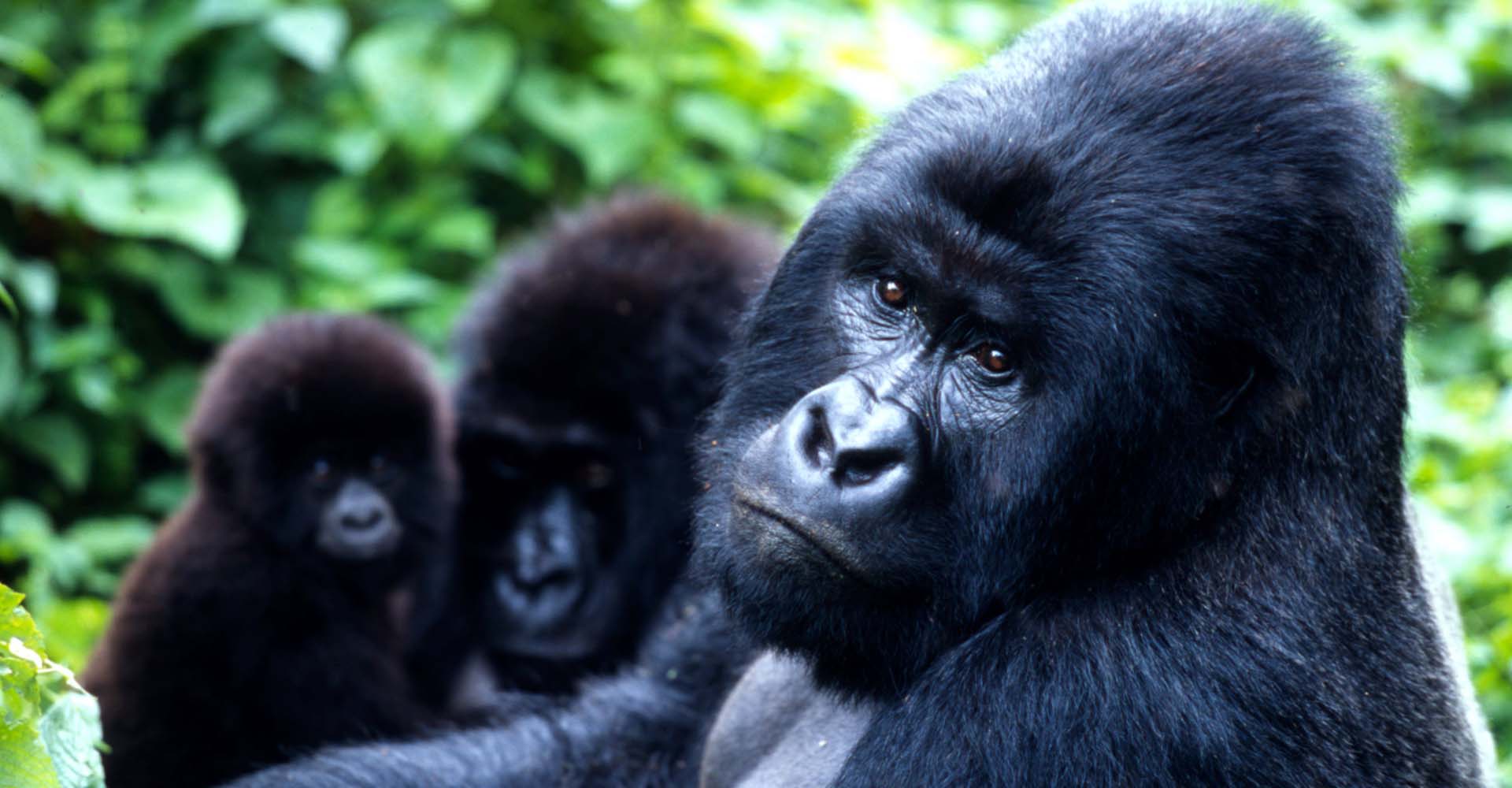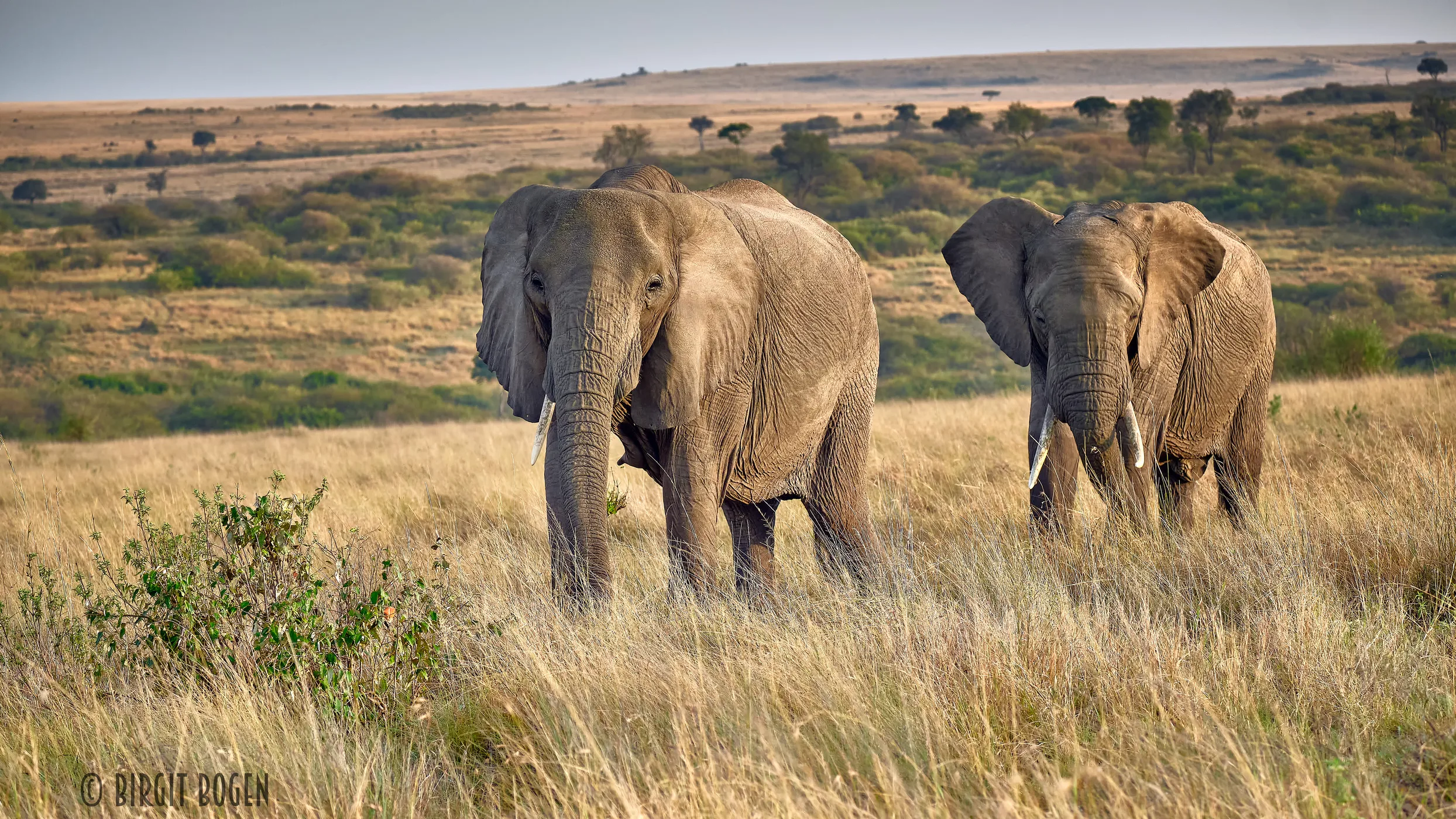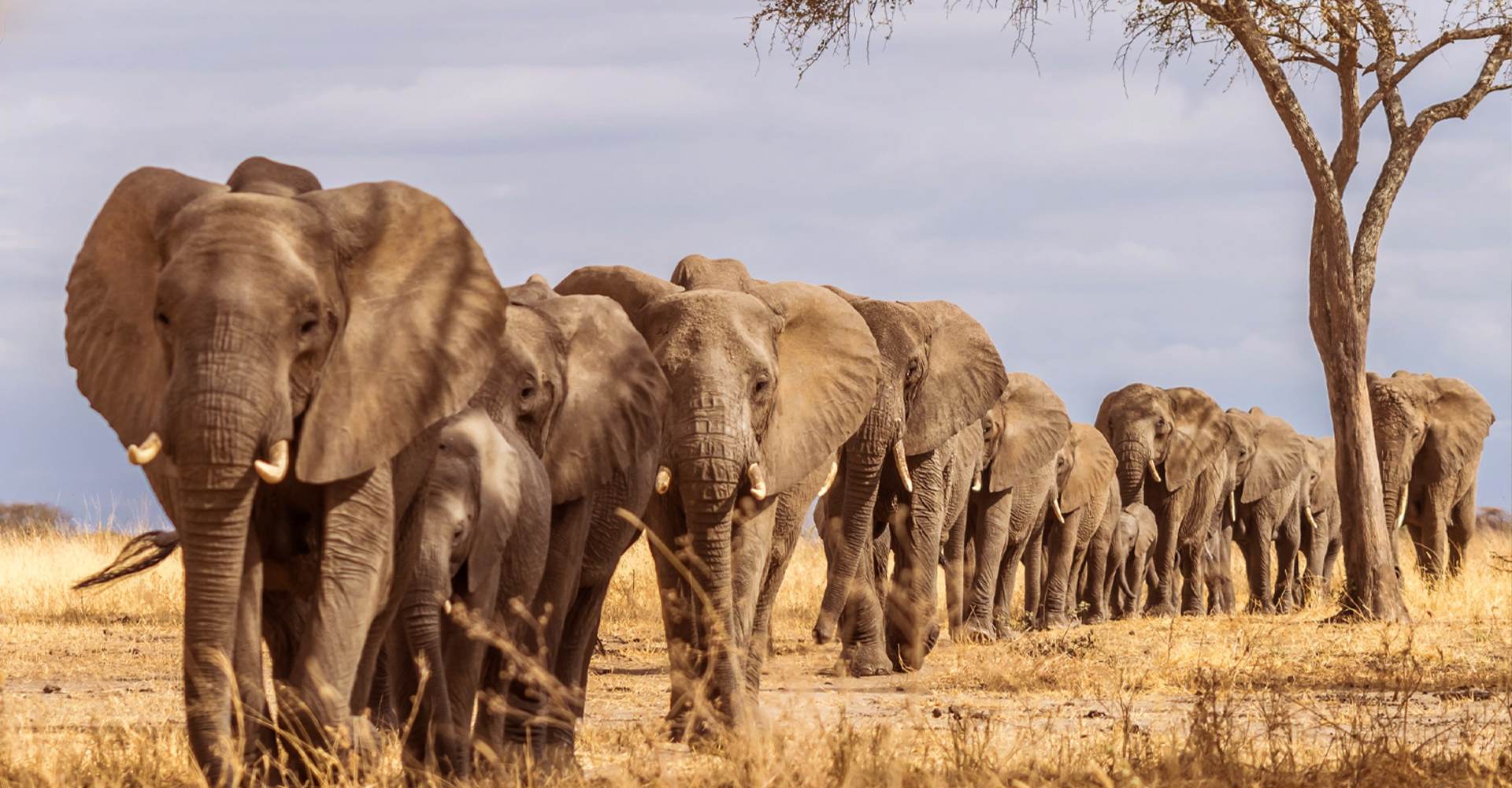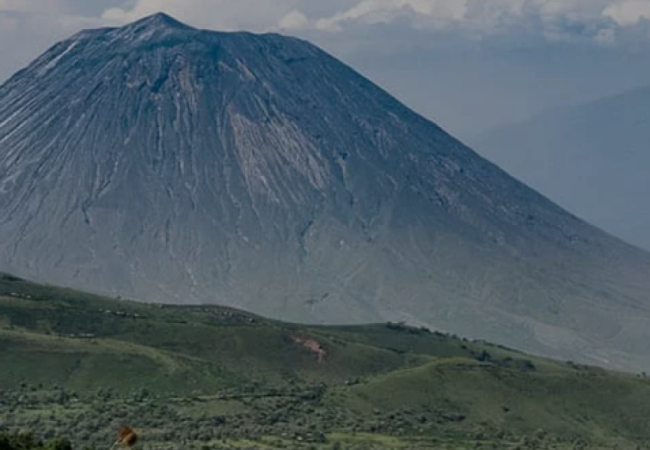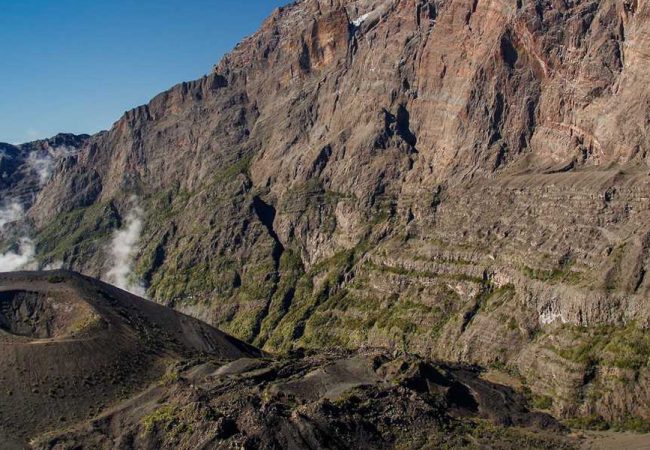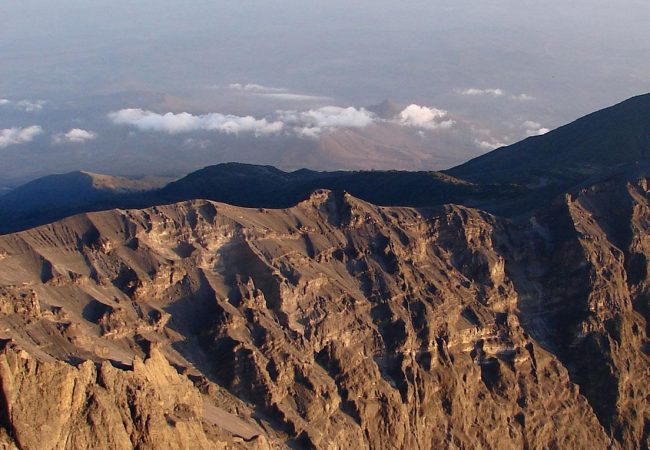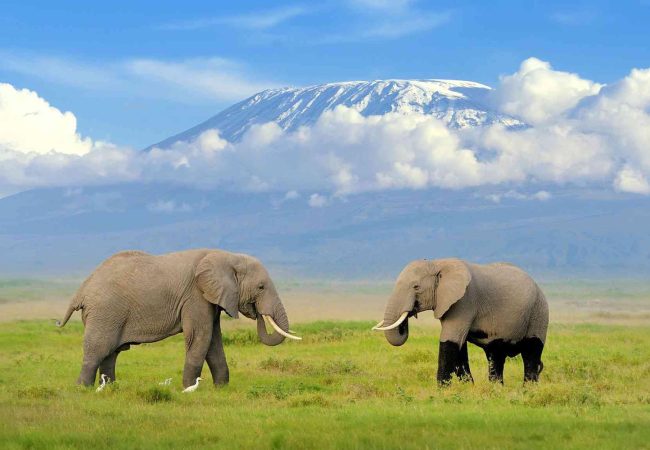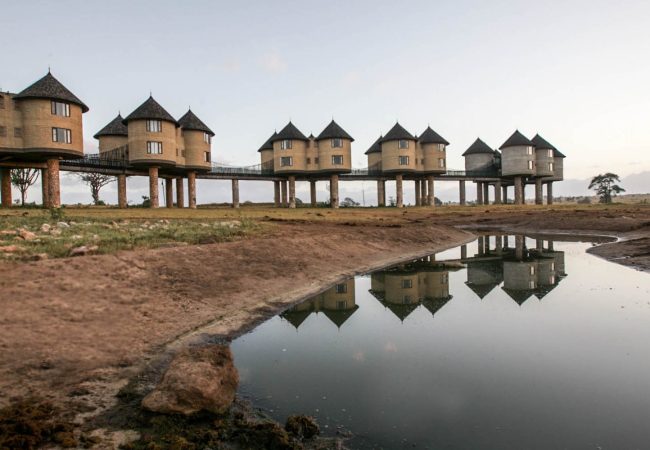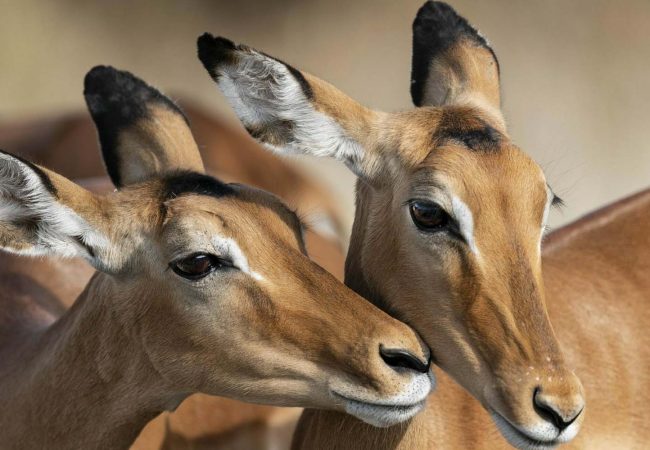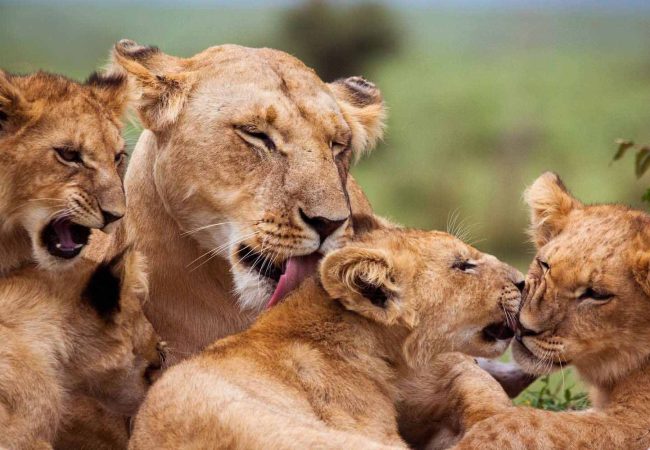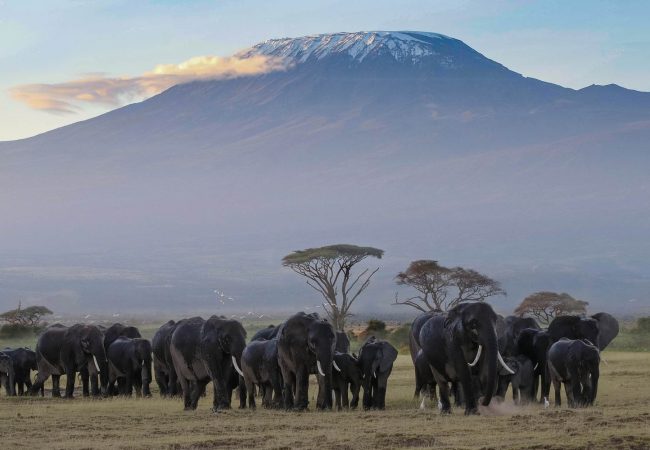Tour Type
Our Destinations
info@kengeles.com
Masai Mara National Park
- Home
- Masai Mara National Park
Maasai Mara National Park
Maasai Mara National Park, located in southwestern Kenya, is one of Africa’s most famous wildlife reserves. It forms part of the larger Mara-Serengeti ecosystem and is renowned for its breathtaking landscapes, diverse wildlife, and the spectacular Great Migration.
Geography and Landscape
The Maasai Mara covers approximately 1,510 square kilometers and consists of rolling savannahs, riverine forests, and acacia woodlands. The Mara and Talek Rivers flow through the park, providing water for the abundant wildlife.
Wildlife
The park is home to an impressive array of animals, including the Big Five (lion, leopard, elephant, buffalo, and rhinoceros). Other species include cheetahs, giraffes, zebras, hippos, crocodiles, and hundreds of bird species. Maasai Mara is particularly famous for its dense lion population and its role in the annual Great Migration.
The Great Migration
One of the most awe-inspiring natural events, the Great Migration sees over 1.5 million wildebeests, zebras, and gazelles travel from the Serengeti in Tanzania to the Maasai Mara in search of fresh grazing lands. This dramatic journey, which occurs between July and October, involves perilous river crossings where animals must evade crocodiles and predators.
Cultural Significance
The park is named after the Maasai people, a semi-nomadic ethnic group known for their vibrant red clothing, traditional beadwork, and warrior culture. Visitors can engage with Maasai communities to learn about their customs and way of life.
Activities and Tourism
Visitors to Maasai Mara can enjoy:
- Game drives (morning, evening, and night safaris)
- Hot air balloon safaris for panoramic views
- Guided nature walks
- Cultural visits to Maasai villages
- Birdwatching
Best Time to Visit
While Maasai Mara offers excellent wildlife viewing year-round, the best time to visit is during the Great Migration (July–October) when the spectacle of thousands of animals crossing the Mara River unfolds.
Conservation and Challenges
The park faces conservation challenges, including human-wildlife conflicts, poaching, and habitat loss. Efforts by the Kenyan government, conservation groups, and local communities aim to protect this unique ecosystem and promote sustainable tourism.
Bangladesh
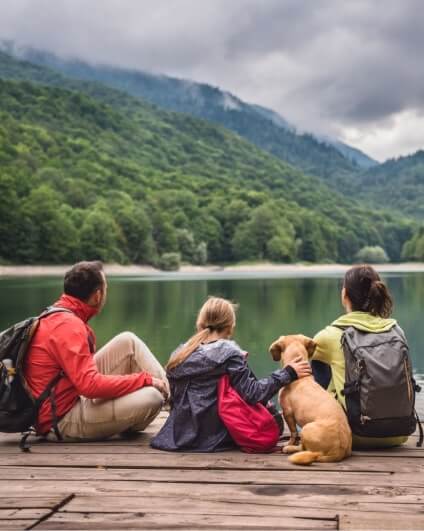
50% Off
For Your First Book
Our Destination Highlight
Recommended Package
Starting From:
$1,000TAXES INCL/PERS
Starting From:
TAXES INCL/PERS
Starting From:
TAXES INCL/PERS
